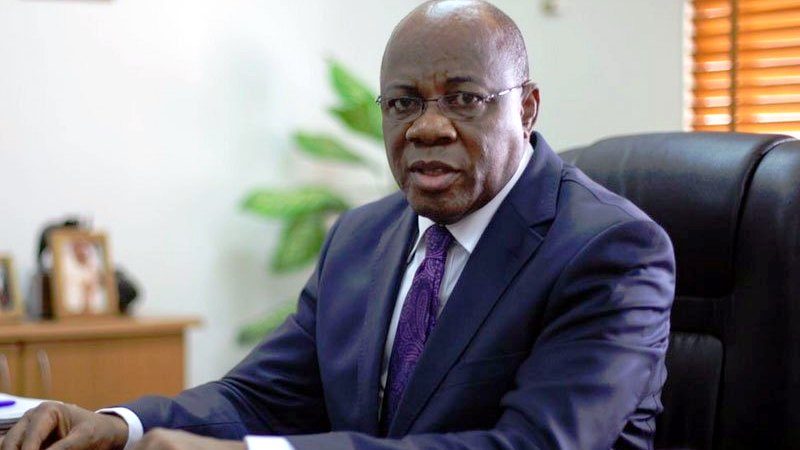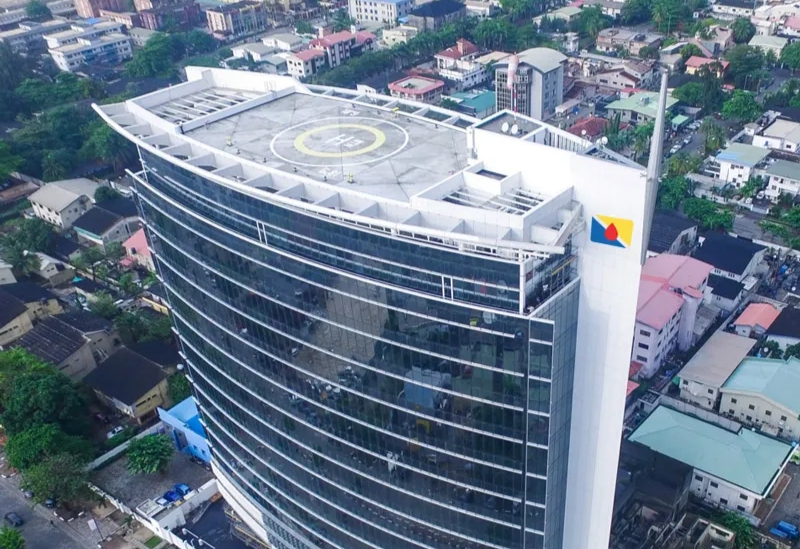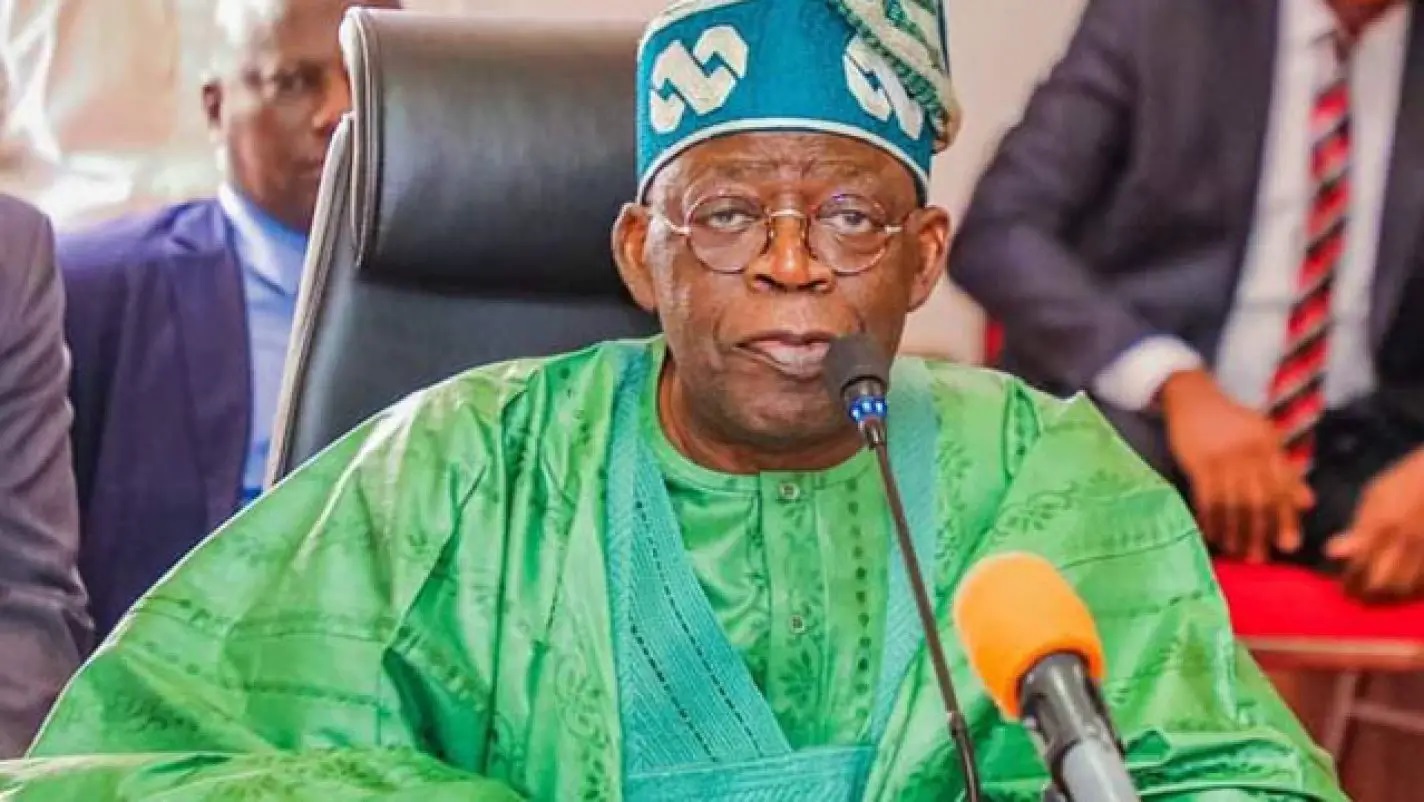Troops Foil Ambush, Rescue 86 Kidnap Victims, Apprehend 29 Logistics Suppliers in Borno
Troops Foil Ambush, Rescue 86 Kidnap Victims, Apprehend 29 Logistics Suppliers in Borno
Linus Aleke in Abuja
Troops of the Joint Task Force North East, Operation Hadin Kai (OPHK), have rescued no fewer than 86 kidnap victims, comprising men, women, and children, while thwarting a terrorist ambush in the Dutse Kura area of Borno State.
The Media Information Officer of the Joint Task Force North East, Operation Hadin Kai, Lieutenant Colonel Sani Uba, disclosed in a statement that 29 terrorist logistics suppliers were also apprehended during the operation.
The statement read: “Troops of the Joint Task Force North East, Operation Hadin Kai (OPHK), have recorded another major success in the ongoing counter-terrorism and counter-insurgency operations in Borno State.
Troops of the 135 Special Forces Battalion, under Sector 2 OPHK, on 9 November 2025, encountered Boko Haram/ISWAP terrorists at Dutse Kura after discovering that the terrorists were abducting civilians and vehicles along the Buratai–Kamuya Road.
The troops thwarted the attack, pursued the terrorists towards Mangari, and overpowered them in a follow-up encounter near a camp, forcing the insurgents to flee in disarray. A search of the area led to the discovery of 11 makeshift terrorist structures and the rescue of 86 kidnapped victims, comprising men, women, and children.”
Lt. Col. Uba also revealed that items recovered from the fleeing terrorists included one AK-47 rifle, five magazines with 73 rounds, four PKT ammunition belts, five civilian vehicles, five motorcycles, eight bicycles, and two logistics tricycles.
He added that the terrorists’ camp was destroyed in situ after the clearance operations.
“In a related operation, troops deployed at Mangada arrested 29 terrorist logistics suppliers en route to Chilaria with several items. Recovered items included two pickup vans and a tricycle loaded with Premium Motor Spirit — about 1,000 litres of petrol in jerricans — four gallons of engine oil, two new gun truck tyres, a huge cache of medical consumables, and large quantities of foodstuffs and provisions,” he said.
Noting that all operations were conducted successfully with no casualties among its own troops, the military high command commended the gallantry and professionalism of the soldiers, while charging Operation Hadin Kai to sustain efforts to deny terrorists the freedom of action across the North-east theatre.
Also, the Headquarters 82 Division of the Nigerian Army has clarified a viral video circulating on social media, which falsely suggests the involvement of a Nigerian Army officer in electoral activities.
According to a statement issued by the Acting Deputy Director of Army Public Relations, Headquarters 82 Division, Nigerian Army, Lt. Col. Olabisi Ayeni, the Division wishes to set the record straight and clarify the circumstances surrounding the incident that occurred on 8 November 2025 at Ukwu Oji Umubele, Awka Ward 5, Awka South Local Government Area of Anambra State.
“To set the record straight, at approximately 2020 hours (8:20 p.m.), an officer of the 302 Artillery Regiment (General Support) received a distress call from NYSC officials and corps members, reporting that corps members and other INEC staff were being held hostage by suspected political thugs. This report followed the unexplained disappearance of the Collation Officer assigned to the polling unit.
In line with the Nigerian Army’s constitutional responsibility to assist civil authorities and protect citizens, a rapid response team consisting of two officers and twelve soldiers was promptly deployed to the scene. Upon arrival, the troops encountered a highly charged atmosphere involving several political stakeholders, including the Deputy Governor of Anambra State, who questioned the presence of military personnel.
Despite the provocation and tension at the scene, Nigerian Army troops maintained the highest standards of professionalism and restraint, successfully rescuing the corps members and INEC officials. The rescued personnel were subsequently escorted safely to the INEC office, where collation continued peacefully.”
Lt. Col.l Ayeni stated that the video currently circulating on social media is misleading and lacks the full context of events.
He emphasised that the Nigerian Army’s intervention was purely a humanitarian and security response aimed at protecting lives and preserving the integrity of the electoral process.
“Any contrary interpretation is baseless, misleading, and regrettable. Headquarters 82 Division further notes the conduct of certain political actors during the episode and will engage with the Anambra State Government to ensure mutual understanding and sustained cooperation in future operations.
The Nigerian Army reiterates its commitment to neutrality, professionalism, and the protection of democratic institutions,” he said.
Lt. Col. Ayeni urged the public to disregard the false narratives and to continue supporting the efforts of the military and other security agencies in safeguarding peace and order during elections.
My Govt ‘ll Serve our People All Round, Says Agege LGA Boss
Sunday Okobi
The acting Chairman of Agege Local Government Area, Abdul-Ganiyu Vinod Obasa, has reaffirmed the commitment of his government to serve the people of the council area by providing solutions to their everyday problems and making life better for them.
He made the declaration during a media chat with journalists in his office.
Obasa noted that the local government, being the closest tier of government to the people at the grassroots, should be able to respond to grassroots’ problems, stressing that in developed countries like America, council elections are taken more seriously than even the governorship or presidential elections because of the role it plays in addressing the needs of the people.
While reeling out his plans, he said: “We are here to bring solutions to the people of Agege, resolve their problems and make sure life is better for them. As someone who has come into this space, I am here as a service provider to our residents. They should see us as problem solvers for them. “We are not here for them to look at us. That’s not what we’ve come here to do. “ We’ve come here to work like it is done everywhere in developed countries. The local councils serve its” people.”
They move waste and even provide housing. They are very powerful to the extent that the election of the local council to the Americans is more important than the presidential election because they have access to the council and we have kept an open door for our people to come in here and talk to us.”
To show his readiness to work for the residents of Agege Council Areas, he took the journalists on a journey of the work he has done in less than two months he assumed office as the acting chairman-from youth empowerment to education, health, security and environment as well as women empowerment programmes and voters’ education.
He said as the acting chairman from September, he convened a stakeholders’ meeting to discuss how to make the council area and its environs clean and livable because he discovered that people were disposing refuse on the road.
He said he declared September a sensitisation month, where residents were told the importance of a clean environment and what punishment awaits those who deliberately flout the environmental laws.
“We declared September a month of sensitisation, so that we can teach ourselves how to dispose waste to keep our environment clean. We started talking to the Community Development Associations (CDA), the Community Development Committee (CDC), the market leaders, the League of Imams and the police. And we had a good conversation.
“After the sensitisation, we started enforcement in October. We set up a task force committee that works late at night to able to apprehend people who come out to drop those wastes on the road. We got boys from different wards to get involved; our local security officers, the Agege crime fighters were involved. We had about 30 to 40 people that move around the community every night. They are working and going around our communities to make sure it’s a cleaner environment,” he said.
Obasa stated that the council had raked in about N2.8 million in fines from about 85 people that had so far been apprehended. According to him, “We have also noted the black spots around the community. The council had also engaged street sweepers, who now take care of the inner streets in Agege.
“Lagos State cleans about 15 major highways in and out of Agege but in addition to that, we also have 150 inner streets being swept on a daily basis from Monday to Saturday.
“By December, we will increase the number to 200. We have 324 inner streets in Agege. By February, we believe all the inner streets in Agege will be swept from Mondays to Saturdays and we are going to employ some of our local people. “Currently, we have 170 people employed on this local street sweeping initiative. People are sweeping and they are happy that they are taking care of their communities.
“We are one of the top ranking local governments in terms of environmental and sanitation. We started planting trees on the median of Capitol Road. There are also certain places we have identified for greenery and parks. So, these are things we are doing to keep a clean and organized community here.”
While stating his plans to secure Agege LGA, the acting chairman said: “We are about to kick off the renovation of seven nursery and primary schools that are urgent. We have 26 nursery and primary schools in Agege. We have nine junior and senior secondary schools in Agege, as well. “We are currently renovating seven nursery and primary schools. I have been to all the 26 nursery and primary schools. Eight are the ones that need urgent attention. One is in total rebuild; seven are the ones that need renovations. We have gone through that process, they are about to start work and we believe before the second week of December, we should be able to near completion of renovation of those seven nursery and primary schools.
“We are also looking at the normal nursery and primary schools that will have an ICT room where all the students can have access to computers.
“They will a library where they can improve their reading, writing and listening skills. We are also looking at sick bay in case of any emergency within the school, so they can attend to all of these problems.”
He stated that about 350,000 materials have been shared within the community. “That’s 10 notebooks, 12 pencils, 12 biros, erasers, sharpeners and crayons across all of our nursery and primary schools. We even extended to some junior secondary schools. As of now, about 7,000 students have gotten and I am sure that before the end of the month, the other ones will get as well,” he added.
On roads infrastructure, he said reconstruction works was ongoing on about 11 roads and drainages within the local government. “Go to Elikana, Adegbola, Ajakaye, Imamojoku, Alowunle, Bodetodbo an Kagiri; those are places known for flooding if you know Agege well. We have started work on those are areas. Those are not road drainages within our own council but we see the problems our residents are going through,” he said.
On health, he said the local government was poised to tackle prevalent cardiovascular ailments such as blood pressure, stroke and kidney diseases as well as diabetes and malaria through the establishment of health booths across the 36 zones in the seven wards of the area council.
“We are trying to have health booths across the 36 zones. We have already provided 10 out of those 36 zones. You can check your blood pressure at any time. “You just need to walk four or five streets’ away and you have booths right in front of you that you can have access to. That’s what we are trying to do across 36 zones but for now till December, we can only provide about 10. “By next year, we hope to complete all of the 36 so that our people can check their blood pressure, check their sugar levels and treat malaria right from the booths. And we are not just doing that in isolation; the booths will communicate with the primary health centers. So, if you have an issue and you go to the health booths to say, I have issues with my blood pressure, they will communicate with the doctors at the PHC,” he said.
On education, Obasa said the impact of the council is also felt.
According to him, “We shared about 250 GCE forms. Not just sharing forms, we are also keeping tabs on the progress of the students.”
On youth empowerment and social development, he said the council is aware that the young people make up about 60 per cent of Nigeria’s population under 30 years old, stressing that any leader that wants to succeed must carry the young people along.
He said the council already had a programme for young entrepreneurs within the ages of 18 to 35. “We are empowering 100 young people today with N200,000 to start small businesses. Not just to start small but for the ones that have existing businesses to augment the business that they’ve been doing and improve. “We want to improve the local economy by encouraging entrepreneurs that already exist and bringing in new entrepreneurs. The issue is that there is job in the places where we are all meant to get the job.
“We are renovating a lot of our vocational skill centres, trying to bring proper improvements to gain proper tutors that will teach our young ones. We are creating our own Agege Tech Hub where they can learn tech skills because tech skills open doors to jobs like coding, graphic design and programming. So, it is a lot of things that young people can learn and improve on,” he said.
On sports development, he commended the Speaker of the Lagos State House of Assembly, Mudashiru Obasa for introducing Obasa Games in the council. “Through the Obasa Games, we have been able to identify about six young people who have made their journey overseas and now playing professional sports in Europe and everywhere in the past three years. The games include football, boxing, tennis, scrabble, chess and athletics,” he said.
He said the council also subsidises food for the people of Agege, noting that in two months of his leadership, covering September and October, the council has provided subsidized food for about 5,000 households.
“By the end of December, we want to double that number to about 13,500 households that will get cheaper food for themselves.
“We do this because our poor and vulnerable people spend 60 percent of their income on food. We believe if they can buy food for 50 percent off from the original prices, they can have more disposable income to take care of other things for themselves,” Obasa added.
Linus Aleke in Abuja Troops of the Joint Task Force North East, Operation Hadin Kai (OPHK), have rescued no fewer than 86 kidnap victims, comprising men, women, and children, while thwarting
Read more






